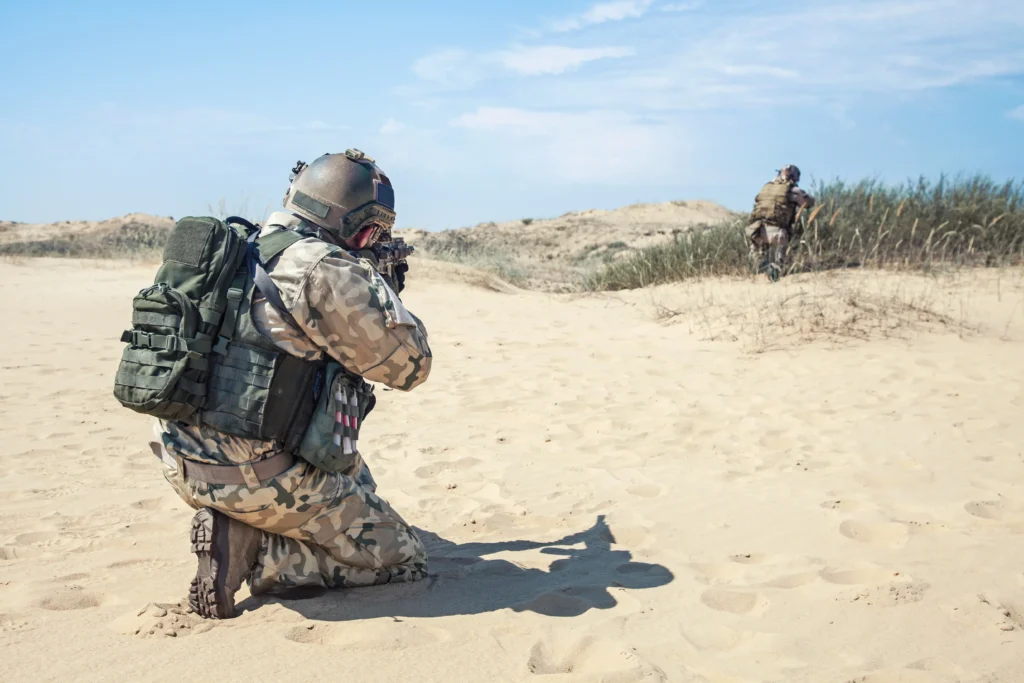In July 2025, researchers with the VA Center for Innovations in Quality, Effectiveness, and Safety, published an article titled, “Atherosclerotic Cardiovascular Disease in Gulf War Veterans in Relation to Deployment Exposures.” The study concluded that toxic exposures during deployment(s) have led to an increased risk of atherosclerotic cardiovascular diseases (ASCVD) in Gulf War Veterans.
Of the nearly 700,000 U.S. military personnel who served in the 1990–1991 Gulf War, many encountered potentially hazardous exposures during service. These hazards included chemical nerve agents, oil well fire smoke, the desert environment, use of pesticides, pyridostigmine bromide (PB) pills, sandstorms, and more. Troops were exposed to dense smoke, soot, and unburned oil in their food and water, and on their clothing, as a result of the 730 oil wells detonated with explosives; 656 wells that burned for many months, and the 74 wells gushing oil in the region. In the past, casual links have been established between particulate matter and chemicals in these airborne hazards and cardiovascular diseases, including blood pressure control, lipid metabolism, vascular function, and atherogenesis.
In the new study, researchers examined Veterans who deployed to the Persian Gulf between August 1990 and July 1991. Of the 942 Gulf War Veterans who completed the survey, 450 (48%) reported being diagnosed with hypertension, 158 (17%) with diabetes, 489 (52%) with high cholesterol, and 103 (11%) reported one or more ASCVD conditions. Several factors increased the odds of ASCVD, for example:
- Exposure to oil well fire smoke increased the odds of ASCVD by 295%
- Pyridostigmine bromide pills, which were given to troops to protect against nerve agent attacks, increased the odds by 237%
- Exposure to chemical/biological agents increased the odds by 418%
The study concluded that there are “significant associations between ASCVD and veteran-reported exposure to smoke from oil well fires, chemical/biological agents and PB pills and between hypertension and exposure to chemical/biological agents.”
This study may one day lead to an expansion of the presumptive benefits list for Gulf War Veterans who fit this criteria. In the meantime, however, it is important for Veterans who may have been impacted by these exposures to talk to their medical providers and consider filing a claim for VA disability benefits. Veterans can learn more about benefits for Gulf War exposures and how to file a claim here.
Let Vets National Help
If you are a Gulf War Veteran suffering from a heart condition or another condition that might be related to your military service, it is important to file a claim for VA disability benefits and seek VA healthcare as soon as possible. If the VA has wrongly denied your claim, we are here to help!
Connect with us, at 877-777-4021, and let’s work together to help you get the benefits you deserve.






